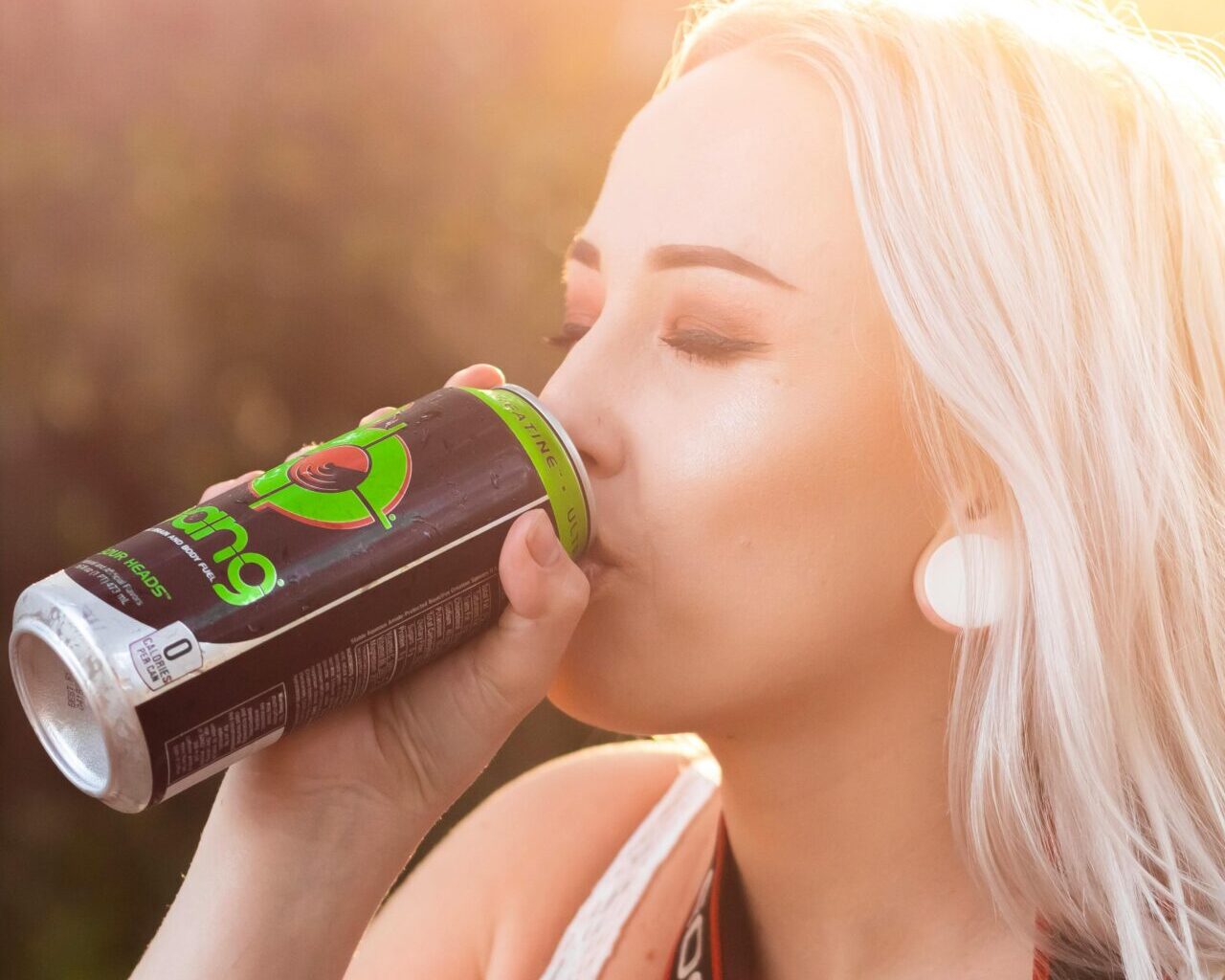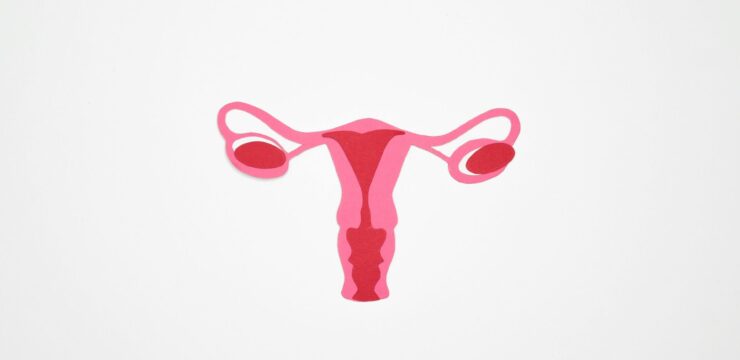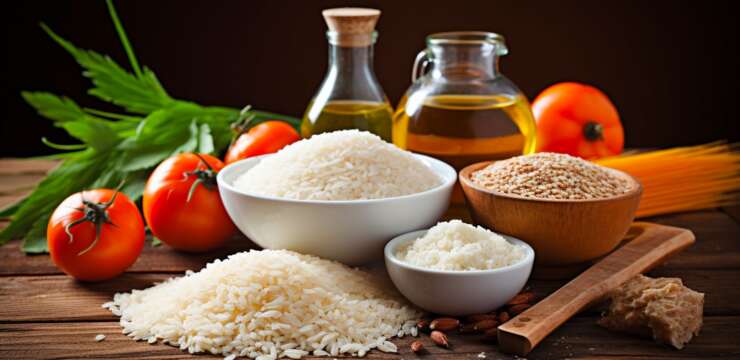Energy drinks are often used as a quick fix for tiredness, focus, or long days — especially among students and young adults. But behind the promises of “energy” and “performance,” these drinks contain high levels of caffeine, sugar, and stimulants that can affect the heart, sleep, and mental health.
In this doctor-reviewed guide, I explain what’s actually inside popular energy drinks, how much caffeine is safe, which brands contain the most stimulants, and when energy drinks can become harmful.
Drink Composition
Energy drinks contains varying amounts of caffeine, sugar, vitamins, amino acids and herbal extracts. Some have sugar free options and different flavors but you need to know their ingredients and side effects.
Energy drinks are notorious for their high caffeine content, often more than what’s in a cup of coffee. Some drinks may have up to 300mg of caffeine or more. But too much caffeine can be bad. You need to monitor your caffeine intake and be aware of the side effects. Caffeine level varies. You’re not recommended more than 400mg of caffeine daily.
Caffeine Content Factors

- Caffeine content varies ☕
Caffeine content in caffeinated energy drinks varies depending on can size and ingredients used in the formulation. - Size matters 📏
Larger cans have more caffeine than smaller ones so more caffeine in the drink. - Ingredient variation 🌿
Some brands add guarana extract or natural caffeine sources which can add to the overall caffeine content of the drink.
What’s in Your Favorite Energy Drink?
Caffeine Content by Popular Energy Drink
| Energy Drink | Can Size | Caffeine (mg) | Approx Cups of Coffee |
|---|---|---|---|
| Red Bull | 250 ml | 80 mg | ~1 |
| Prime Energy | 355 ml | 120 mg | ~1.5 |
| Monster | 473 ml | 160 mg | ~2 |
| Ghost | 473 ml | 200 mg | ~2.5 |
| Rockstar | 473 ml | 160 mg | ~2 |
| Bang | 473 ml | 300 mg | ~4 |
Note: Most adults should not exceed 400 mg of caffeine per day.
Red Bull, Monster Energy and Bang Energy Drink are household names in the caffeinated energy world. They are consumed for quick energy, improved mental performance and physical performance. These drinks contains high levels of caffeine and other stimulants like taurine, guarana and B vitamins that works synergistically to increase energy.
While they are good for short term energy needs, you need to be aware of their ingredients and caffeine content. Knowing what’s in your energy drink helps you make healthier choices, avoid serious health effects and manage your overall caffeine intake. Most popular energy drinks claim to give you a big boost of energy. But you need to check their nutrition facts and caffeine content before consumption.
Prime energy drink ingredients
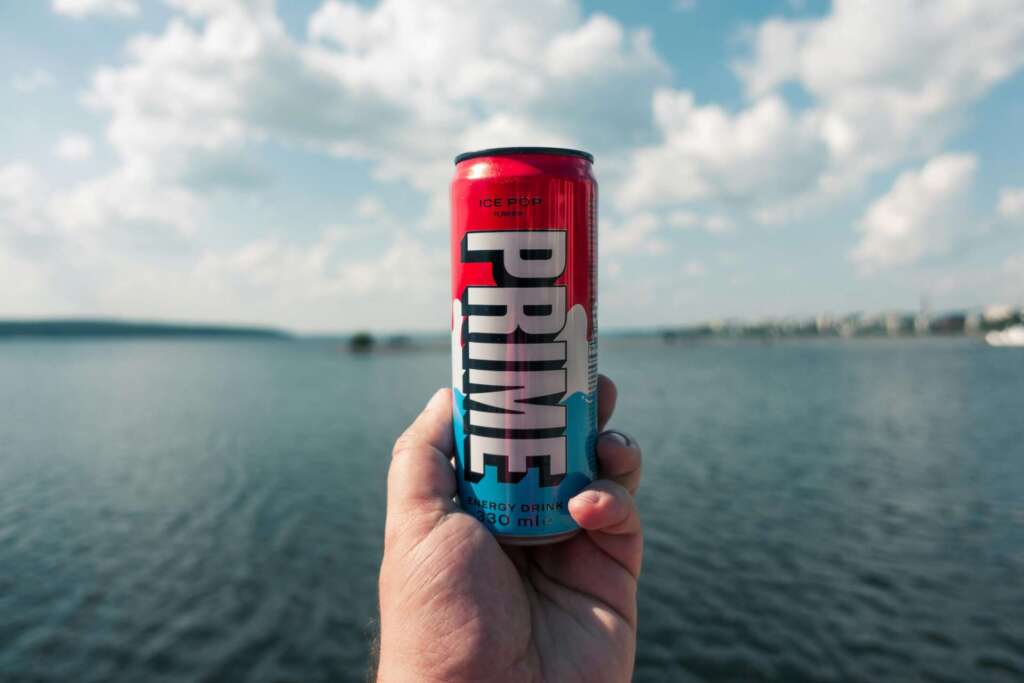
Here are the ingredients found in a Prime energy drink:
- 🥤 Water
- 🍬 Sugar
- 🍋 Citric Acid
- 🧂 Sodium Citrate
- 🍏 Natural Flavor
- 🟢 Caffeine
- 🟠 Taurine
- 🍍 Guarana Extract
- 🌱 Ginseng Extract
- 🌿 B-Vitamins
Prime Energy Drinks has 120mg of caffeine per 12 fl oz (355ml) serving.
Ghost drink ingredients
Here are the ingredients found in a Ghost energy drink:
- 🥤 Water
- 🍬 Sugar
- 🍋 Citric Acid
- 🧂 Sodium Citrate
- 🍏 Natural Flavor
- 🟢 Caffeine
- 🟠 Taurine
- 🍍 L-Carnitine
- 🌱 Panax Ginseng
- 🌿 B-Vitamins
A 16oz (473ml) can of Ghost Energy Drink has 200mg of caffeine which is moderate caffeine compared to other energy drinks.
Monster drink ingredients
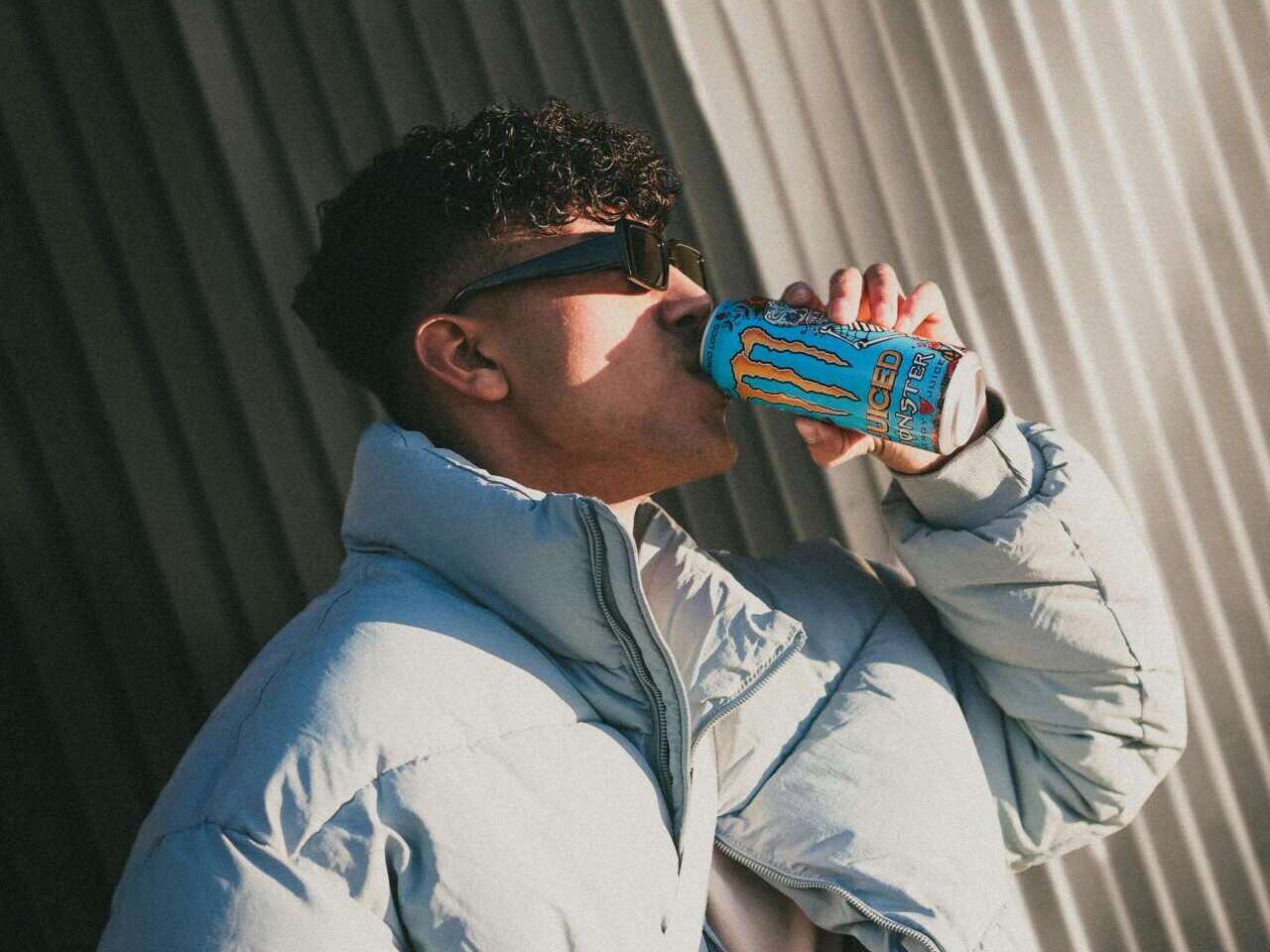
Here are the ingredients found in Monster energy drinks:
- 🥤 Carbonated Water
- 🍬 Sugar
- 🍋 Citric Acid
- 🧂 Sodium Citrate
- 🍏 Natural Flavors
- 🟢 Caffeine
- 🟠 Taurine
- 🍍 Panax Ginseng Extract
- 🌱 L-Carnitine
- 🌿 B-Vitamins
Monster Energy Drink nutrition facts may vary depending on the flavor but a 16oz (473ml) can typically has 220 calories, 54g of carbs and 54g of sugar. It also has 160 mg of caffeine and B vitamins like B3, B6 and B12.
Bang drink ingredients
Here are the ingredients found in Bang energy drinks:
- 🥤 Carbonated Water
- 🍋 Citric Acid
- 🧂 Sodium Benzoate (preservative)
- 🍏 Natural Flavors
- 🟢 Caffeine Anhydrous
- 🟠 EAAs (Essential Amino Acids)
- 🍍 CoQ10 (Coenzyme Q10)
- 🌱 Super Creatine (Creatyl-L-Leucine)
- 🌿 B-Vitamins
A 16oz (473ml) can of Bang Energy Drink has 300 mg of caffeine which is one of the highest caffeine content among energy drinks.
Red Bull drink ingredients
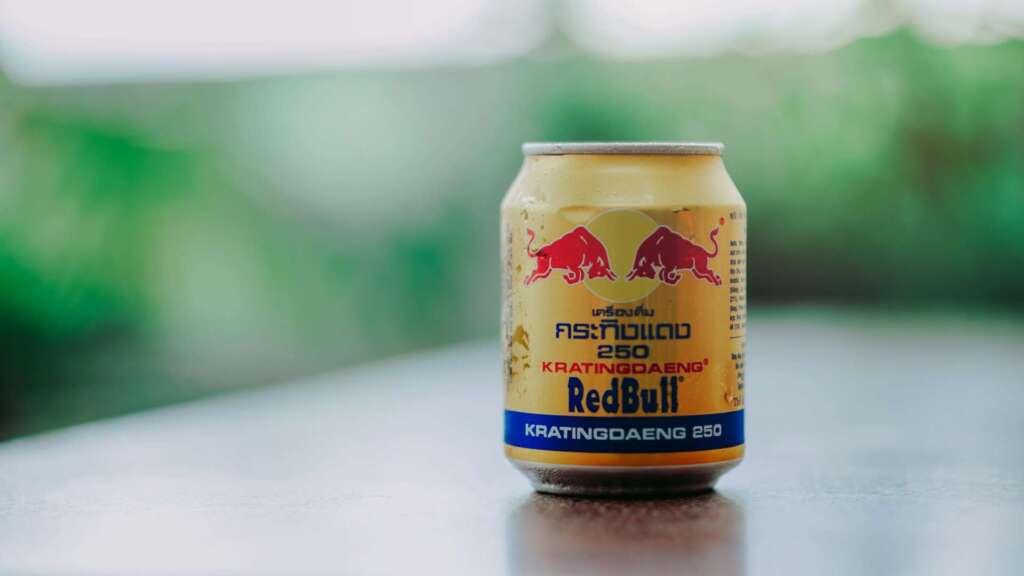
Here are the ingredients found in Red Bull
- 🥤 Carbonated Water
- 🍬 Sugar
- 🍋 Citric Acid
- 🧂 Sodium Citrate
- 🍏 Natural and Artificial Flavors
- 🟢 Caffeine
- 🟠 Taurine
- 🍍 Glucuronolactone
- 🌱 Inositol
- 🌿 B-Vitamins
A 8.4 fl oz (250ml) can of Red Bull has 80 mg of caffeine.
Rockstar energy drink ingredients
Here are the ingredients found in Rockstar energy drinks:
- 🥤 Carbonated Water
- 🍬 Sugar
- 🍋 Citric Acid
- 🧂 Sodium Citrate
- 🍏 Natural Flavors
- 🟢 Caffeine
- 🟠 Taurine
- 🍍 Panax Ginseng Root Extract
- 🌱 L-Carnitine
- 🌿 B-Vitamins
A 16oz (473ml) can of Rockstar Energy Drink has 160 mg of caffeine.
Please note that ingredients and quantities may vary among different flavors. Check the label for the most up to date information.
Which one is the Healthiest?
After comparing the ingredients of the top energy drink brands, Bang Energy Drink is often the healthiest option. Unlike many of its competitors, Bang is sugar free which reduces the risk of excessive calorie intake and the associated health problems like weight gain and dental problems. It also has amino acids, electrolytes and vitamins that can support energy production and muscle function. And Bang doesn’t have artificial colors and preservatives which makes it even healthier.
But please note that Bang still has high level of caffeine so it should be consumed in moderation especially for those who are sensitive to stimulants.
Health Risks of Excessive Consumption
As a doctor we are aware of potential health risks (and risky behaviors, especially among the youth). Drinking energy drinks can pose several health risks especially when consumed excessively or by certain individuals. One of the major issue is the high caffeine content which can cause insomnia, nervousness, restlessness, increased heart rate and blood pressure. Excessive caffeine intake can also cause digestive problems and dehydration.
Energy drinks have high sugar content which can cause weight gain, tooth decay and increased risk of metabolic disorders like diabetes. And the combination of caffeine and other stimulants in these drinks can cause dependence and withdrawal symptoms when consumption is reduced or stopped abruptly.
Energy drink overconsumption has been linked to cardiovascular problems and mental health issues especially to those who are susceptible. So moderation and awareness of your health condition is key when consuming energy drinks.
Consuming Energy Drinks Safely
Doctor Ann’s Top Tips
- Always read the ingredients list on energy drinks to keep track of your caffeine intake.
- Never mix energy drinks with alcohol.
- If you’re consuming energy drinks make sure you also drink plenty of water.
- Consume energy drinks in moderation.
- Stop drinking energy drinks if you experience physical reactions like increased heart rate, palpitations, jitteriness or insomnia.
- Opt for sugar free versions if possible but still consume in moderation.
- Be careful when consuming energy drinks before physical activity. The combination of high caffeine and intense exercise can increase the risk of cardiovascular problems.
- Don’t consume energy drinks in the evening to avoid sleep disturbances.
- Some energy drinks have herbal supplements like ginseng or taurine. Research their effects and interactions with other meds or conditions you may have.
- If you have questions about your energy drink consumption or its effects on you, see a doctor.
Patient Story: Emily’s Energy Drink Overload
Emily is a 20 year old college student who has been a patient of mine since her teenage years. She is a high achiever who is determined to ace her exams. To stay awake and focus during late night study sessions she started consuming multiple energy drinks a day. She knows a lot of college students who do the same. At first Emily felt more alert and productive and relied heavily on the caffeine and sugar rush from these drinks.
Presentation
After a few weeks Emily started to notice side effects of her new habit. She was getting headaches, rapid heartbeats and was having trouble sleeping. Despite these symptoms she continued to consume energy drinks like they were part of her study routine.
One afternoon Emily started to feel really bad. She was having palpitations, dizziness and shortness of breath. Her parents brought her in to see me. After examining her, I realised her symptoms were due to too much caffeine from the energy drinks.
Treatment
I treated Emily for dehydration and gave her IV fluids. I strongly advised that she stop drinking energy drinks immediately. Afterwards, I explained the importance of proper hydration and balanced diet for young adults under exam stress and the dangers of too much caffeine including its effects on the heart and sleep.
Emily called me later that week to thank me for the help. After following my advice, she was noticing improvements in her overall health, sleep and anxiety levels. With proper hydration she realised she was able to maintain her energy levels and focus naturally, without artificial boosters.
Caffeine Free Energy Drinks

Caffeine free energy drinks are a stimulant free option for those who want to boost their energy without the jitters of caffeine. These drinks usually rely on other ingredients like vitamins, amino acids and herbal extracts to increase alertness and reduce fatigue – the research on whether they work is limited and small. Common components are B vitamins which plays a big role in energy metabolism and adaptogens like ginseng and ashwagandha which are thought to help for their stress reducing properties.
By providing a balanced blend of nutrients and natural ingredients, caffeine free energy drinks may help improve mental clarity and physical endurance without the drawbacks of caffeine consumption. This makes it a good option for those who are sensitive to stimulants or want to reduce their caffeine intake.
Sugar Free Energy Drinks And Artificial Sweeteners
Many energy drinks now have sugar free options for those who are concerned about sugar intake. These drinks aim to boost energy without the added sugar that comes with the crash.
But these sugar free energy drinks often use artificial sweeteners to enhance flavor. Some artificial sweeteners especially sugar alcohols like sorbitol and xylitol can cause digestive discomfort like bloating, gas and diarrhea especially when consumed in large amounts. Be aware of these sweeteners and their effects on your health so you can make informed food choices.
Difference Between a Sports Drink and an Energy Drink

Both are popular in the world of sports nutrition and enhanced physical performance but they serve different purposes but share some similarities. Both types of drinks are designed to boost energy and performance but they do it in different ways.
Energy drinks like Red Bull and Monster primarily focuses on increasing mental alertness and physical energy through high level of caffeine and other stimulants, sugar and various vitamins. Sports drinks on the other hand are designed to replenish fluids and electrolytes lost during intense physical activities, with ingredients like water, electrolytes and carbohydrates.
Although they are different, both can affect an individual’s performance and hydration. Knowing the benefits and drawbacks of each can help you make informed decisions based on your activity level and health condition.
Health concerns
Sports drinks are not always bad for you but their effects on your health depends on how and when you consume them. For athletes and those who engage in prolonged and intense physical activity, these drinks can be beneficial by replenishing lost electrolytes and providing quick energy through carbohydrates so you can stay hydrated and perform. But for those who don’t engage in vigorous exercise, the high sugar content in most of these drinks can contribute to excessive calorie intake, weight gain and dental problems.
Also, the sodium content may be beneficial for athletes but can be excessive for those who are sedentary or have health conditions like hypertension. Consume sports drinks in moderation and appropriate for your level of physical activity and dietary needs to avoid negative health effects.
Increased Risk of Alcohol Poisoning
Mixing energy drinks with alcohol can increase the risk of alcohol poisoning and other health problems. Energy drinks with high level of caffeine and other stimulants can mask the depressant effects of alcohol making you feel more alert and less intoxicated than you actually are. This can lead to over consumption of alcohol as the perceived level of impairment is reduced and you feel you can drink more. Higher risk of alcohol poisoning.
Also, the combination of stimulants and depressants can put extra strain on the cardiovascular system and can lead to increased heart rate, high blood pressure and heart related problems. The stimulating effects of energy drinks can also impair judgment and coordination and increase the likelihood of risky behavior. Overall the combination of energy drinks and alcohol creates a dangerous synergy that can lead to serious health consequences.
Who Should Never Consume Energy Drinks?
Energy drinks are not suitable for those with heart conditions and high blood pressure due to their high caffeine content and other stimulants that can worsen these conditions. Caffeine and other stimulants in energy drinks can increase heart rate and blood pressure and can lead to arrhythmias, palpitations and other cardiovascular problems.
For those with pre-existing heart conditions, consuming energy drinks can increase the risk of adverse events including heart attacks and strokes. Energy drinks also contain high level of sugar and other ingredients that can contribute to weight gain and metabolic syndrome that can worsen heart related health problems. So those with heart conditions or high blood pressure should avoid energy drinks and choose safer alternatives to avoid negative health effects and maintain their cardiovascular health.
Key Points
Energy drinks can improve alertness but their caffeine content and health risks needs caution. Whether you choose sugar-free or Bang, everyone (especially young adults) should be mindful of their caffeine intake and your well being. Know the caffeine levels and ingredients so you can make informed decisions on what’s good for you and your body.
References
- National Center for Complementary and Integrative Health (NCCIH). “Energy Drinks“. Available here.
- Centers for Disease Control and Prevention (CDC). “The Buzz on Energy Drinks“. Available here.
- Harvard University. (2020) “Energy Drinks – The Nutrition Source”. Available here.
- Pronschinske, J. (2022). “The buzz on energy drinks”. Available here.
